The Mulch That Will
The Mulch That Will
Mulch is a layer of material spread over the soil surface in gardens and landscapes. It can be made from organic materials, such as wood chips, bark, leaves, or straw, or from inorganic materials, such as gravel or pebbles. Mulch has many benefits, including:
- Retaining moisture: Mulch helps to keep the soil moist by preventing evaporation. This is especially important in hot, dry climates or during periods of drought.
- Suppressing weeds: Mulch creates a physical barrier that makes it difficult for weeds to germinate and grow.
- Improving soil health: Mulch decomposes over time, adding nutrients and organic matter to the soil. This helps to improve the soil's structure and drainage, making it more hospitable to plant roots.
- Protecting plants from extreme temperatures: Mulch can help to insulate plants from both hot and cold temperatures. This can help to prevent plants from getting sunburned or frostbitten.
- Attracting beneficial insects: Mulch can provide a habitat for beneficial insects, such as ladybugs and spiders, which help to control pests.
- Improving the appearance of your garden: Mulch can add a layer of color and texture to your garden, making it more visually appealing.
There are many different types of mulch available, so you can choose the one that is best suited for your needs and preferences. If you are looking for a mulch that will retain moisture well, then wood chips or bark are a good option. If you are looking for a mulch that will suppress weeds effectively, then plastic or fabric mulches are a good choice. If you are looking for a mulch that will improve soil health, then compost or manure are good options.
When choosing a mulch, it is important to consider the size of the area you are mulching, the type of plants you are growing, and your budget. You will also need to decide whether you want an organic or inorganic mulch.
To apply mulch, simply spread it evenly over the soil surface. The thickness of the mulch layer will depend on the type of mulch you are using. For organic mulches, a layer that is 2-4 inches thick is typically sufficient. For inorganic mulches, a layer that is 1-2 inches thick is typically sufficient.
Mulch should be applied in the spring or fall, before the growing season begins or after it ends. It is important to reapply mulch every year, as it will decompose over time.
Mulch is a versatile and beneficial gardening tool that can help you to improve the health and appearance of your garden. With so many different types of mulch available, you are sure to find one that is perfect for your needs.
Mulch is a great way to improve the health and appearance of your plants. It helps to retain moisture, suppress weeds, and improve soil aeration. If you're looking for more information about mulch, visit our website at Home Gardening. We have a comprehensive guide to mulching that covers everything you need to know, from the different types of mulch to how to apply it.
FAQ of the mulch
- What is mulch?
- Mulch is a layer of organic material, such as wood chips, bark, or leaves, that is spread around plants to help improve the soil and protect the plants.
- What are the benefits of mulching?
- Mulch helps to retain moisture in the soil, which can help plants to grow healthier and more resilient.
- Mulch also helps to suppress weeds, which can save you time and effort in weeding your garden.
- Mulch can also help to improve the drainage of the soil, which can help to prevent plant roots from rotting.
- Mulch can also help to reduce soil erosion, which can protect your plants from the elements.
- What are the different types of mulch?
- There are many different types of mulch available, including wood chips, bark, leaves, straw, and pine needles.
- The best type of mulch for your garden will depend on the type of plants you are growing, the climate in your area, and your personal preferences.
- How thick should mulch be?
- The thickness of the mulch layer will depend on the type of mulch you are using and the climate in your area.
- A good rule of thumb is to apply a layer of mulch that is 2-4 inches thick.
- How often should I mulch?
- You should mulch your garden once a year, or more often if necessary.
- If you live in an area with a lot of rain, you may need to mulch more often to prevent the mulch from washing away.
- What are some of the risks of using mulch?
- Mulch can harbor pests and diseases, so it is important to choose a type of mulch that is appropriate for the plants you are growing.
- Mulch can also attract rodents and other animals, so it is important to keep an eye on your garden and remove any mulch that has been disturbed.
- How do I dispose of old mulch?
- Old mulch can be composted or added to the soil.
- You can also spread it out in a thin layer on your driveway or sidewalk to help prevent ice and snow from forming.
Image of the mulch
10 different images of mulch that are free to use:
- Wood chips are a popular choice of mulch because they are relatively inexpensive and easy to find. They come in a variety of colors and textures, and they can help to improve the drainage and aeration of your soil.
- Pine needles are another natural mulch that is free to use. They are soft and can help to suppress weeds. However, they can also be acidic, so they may not be the best choice for all plants.

- Shredded bark is a type of wood mulch that is made from shredded tree bark. It is a good choice for suppressing weeds and improving drainage.
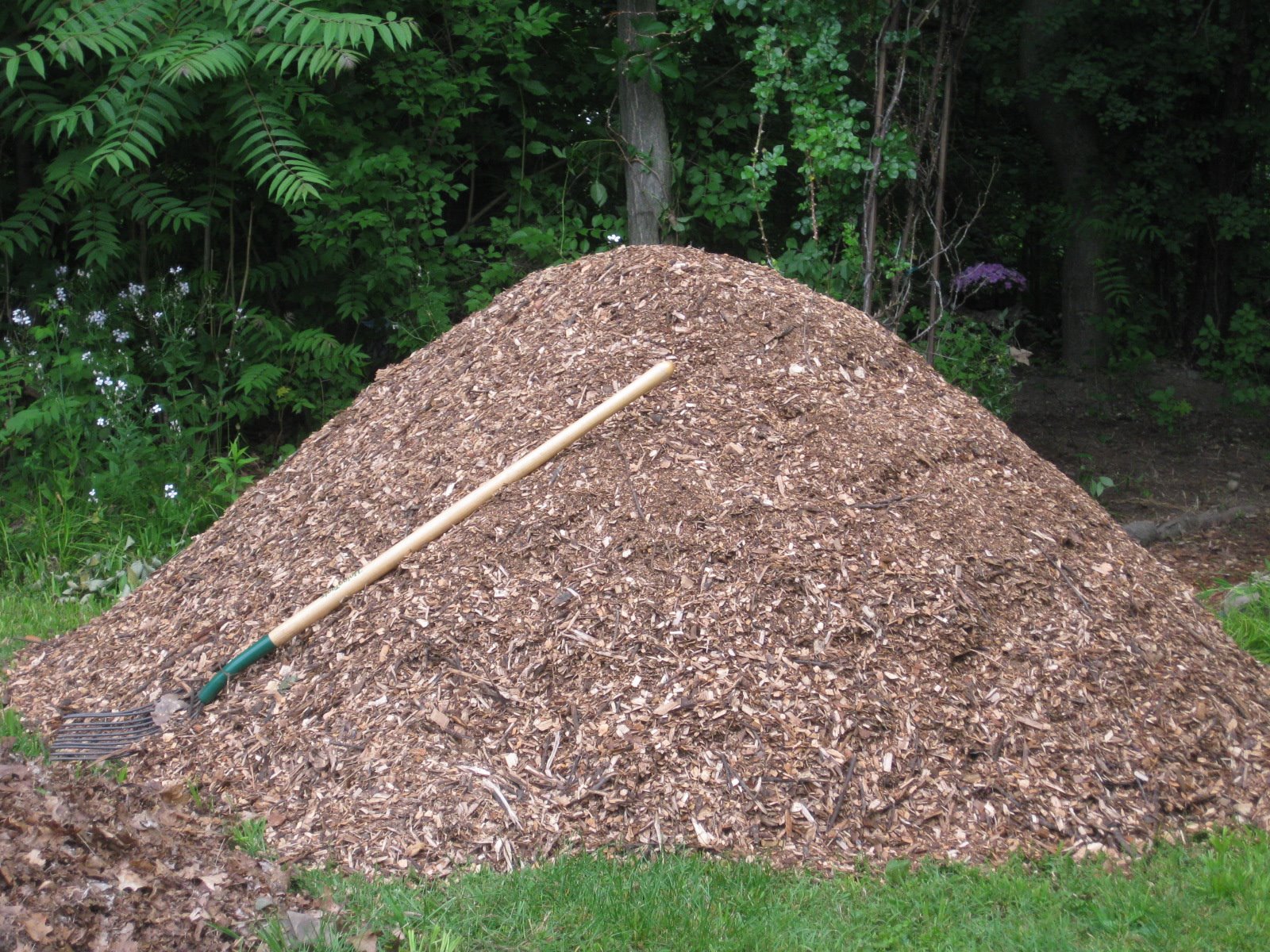
- Grass clippings are a free and easy way to mulch your garden. They are best used as a mulch for annuals and vegetables, as they can be nitrogen-rich and may burn tender perennials.
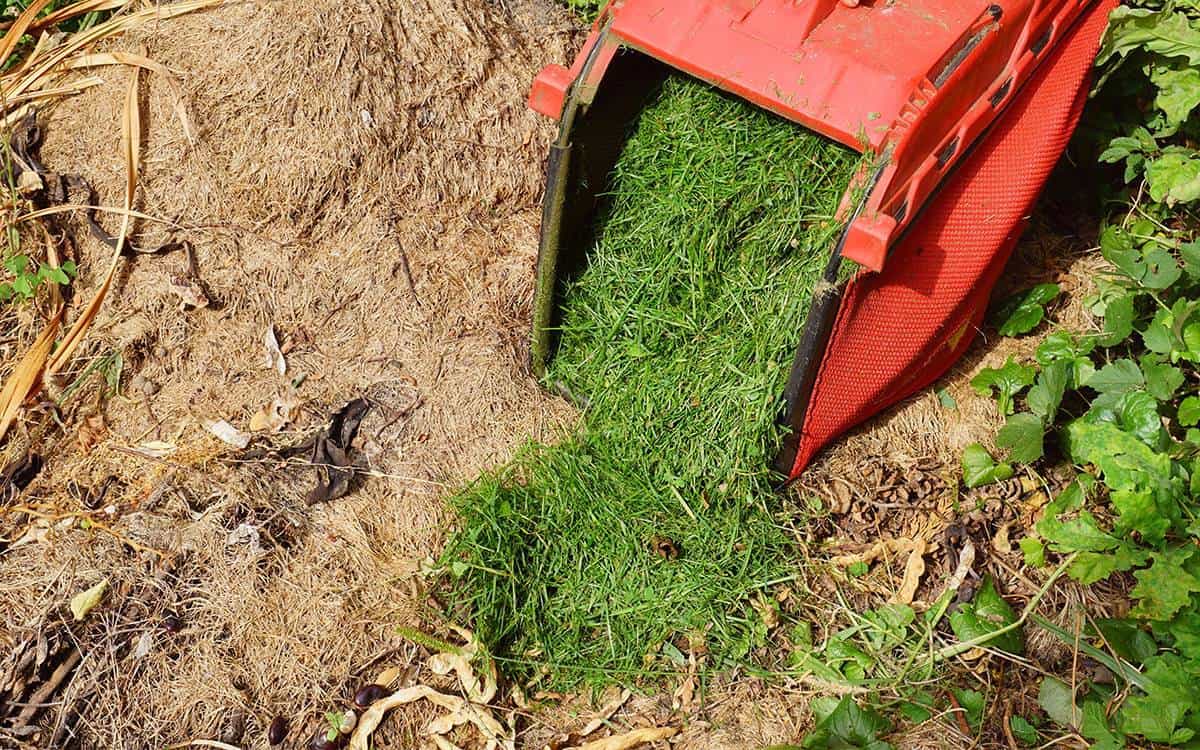
- Compost is a great all-purpose mulch that is made from decomposed organic matter. It is rich in nutrients and can help to improve the soil structure.
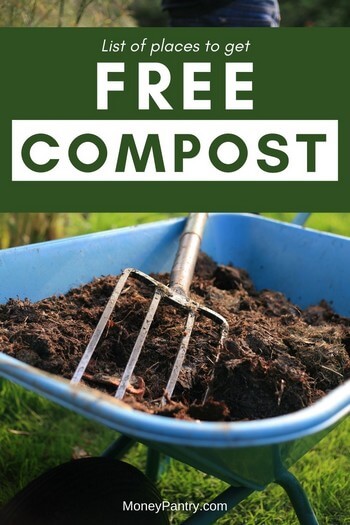
- Cocoa bean hulls are a dark brown mulch that is made from the husks of cocoa beans. They are a good choice for suppressing weeds and attracting beneficial insects.
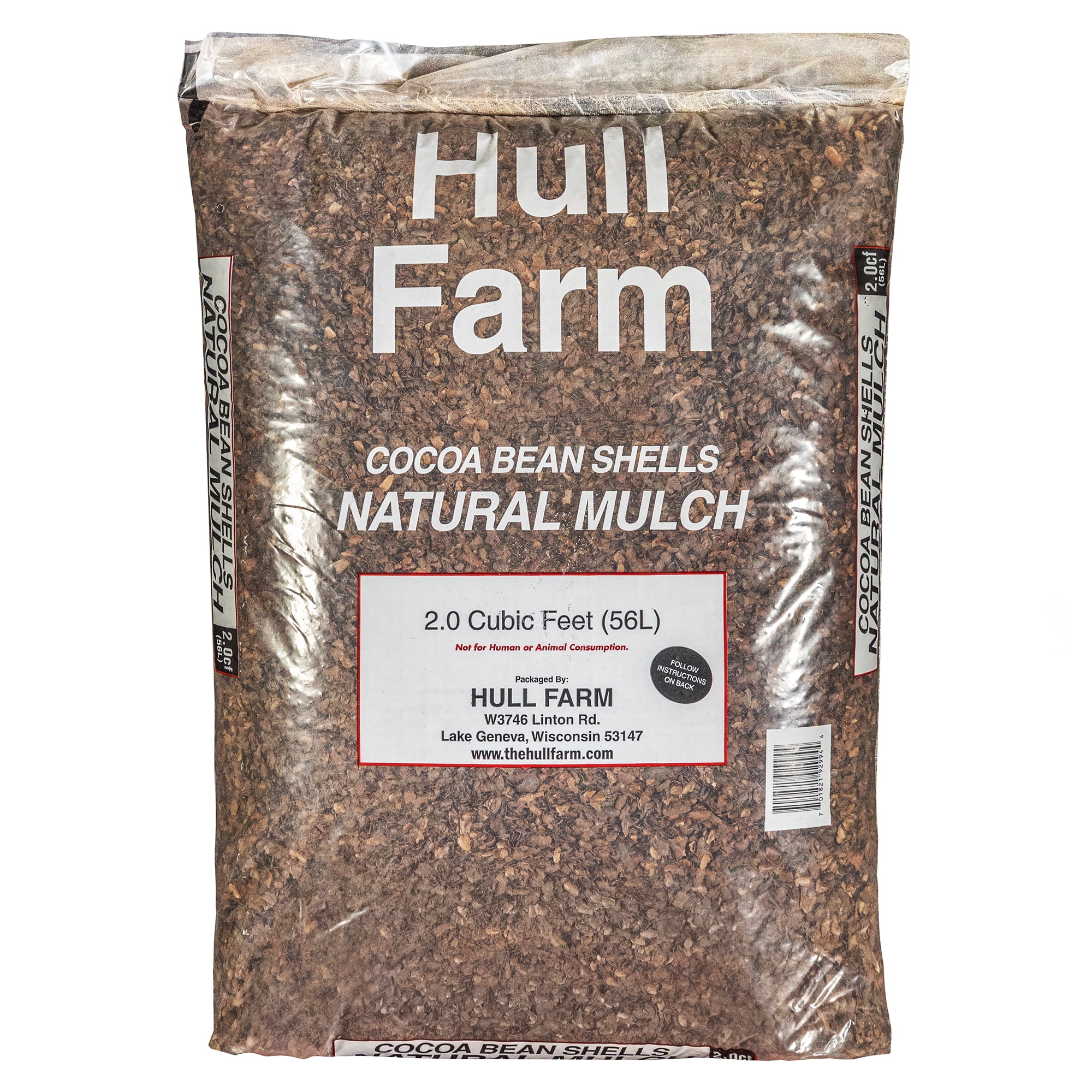
- Black plastic is an inorganic mulch that is used to suppress weeds and retain moisture. It is not as aesthetically pleasing as organic mulches, but it can be effective in some situations.
- Geotextile fabric is another inorganic mulch that is used to suppress weeds and improve drainage. It is a more breathable option than black plastic, and it can be used in areas where you want to allow some water to penetrate the soil.

- Rocks can be used as a mulch in areas where you want to create a more formal look. They are also a good choice for areas that are prone to erosion.
- Shingle bark is a type of bark mulch that is made from shredded redwood or cedar shingles. It is a durable and attractive mulch that can be used in a variety of settings.
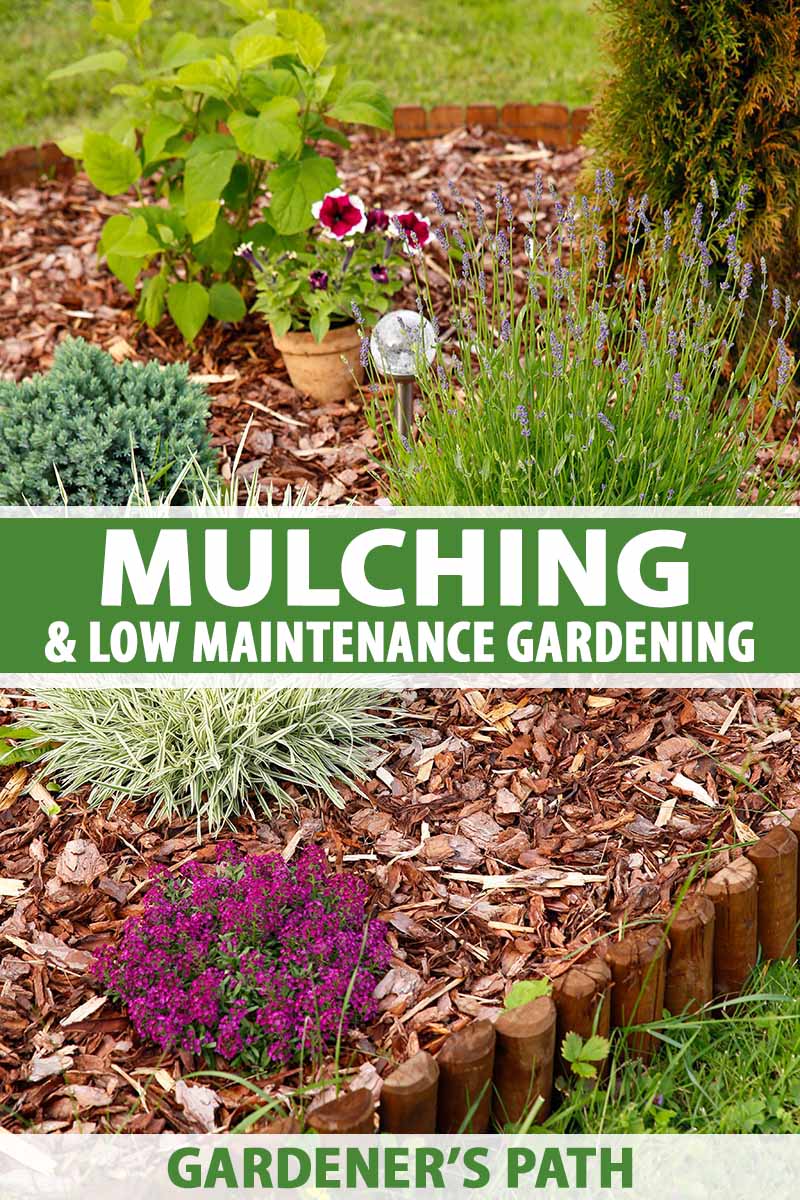

Post a Comment for "The Mulch That Will"